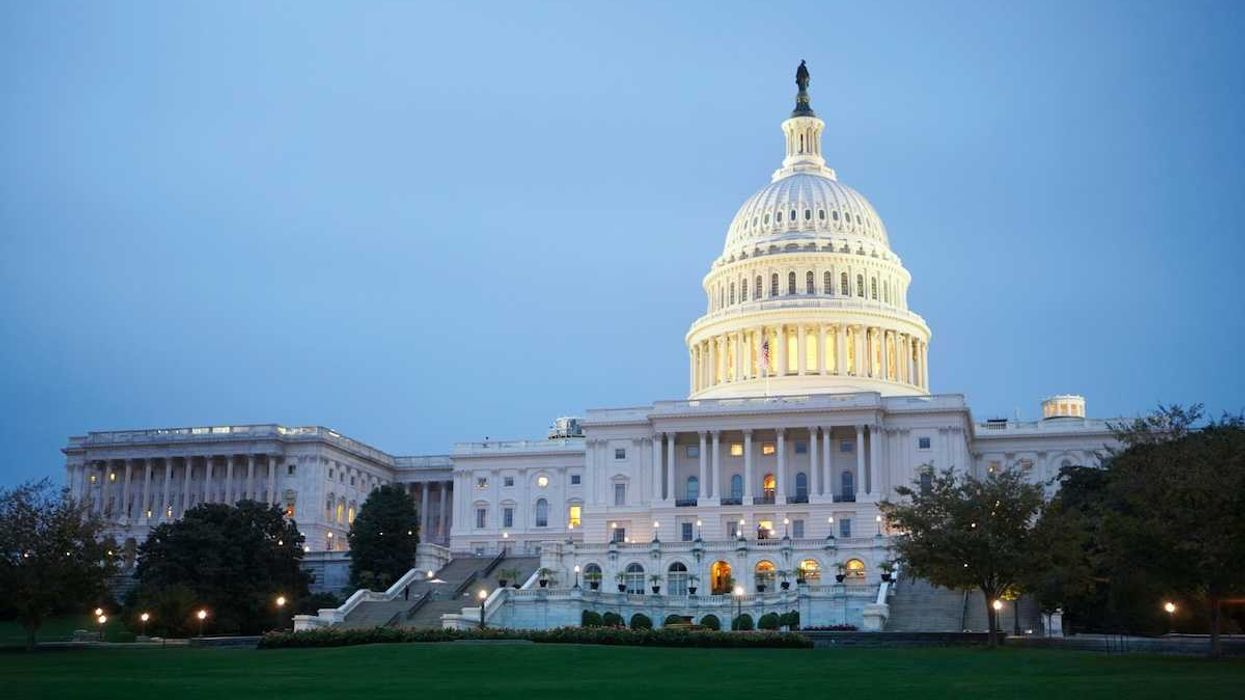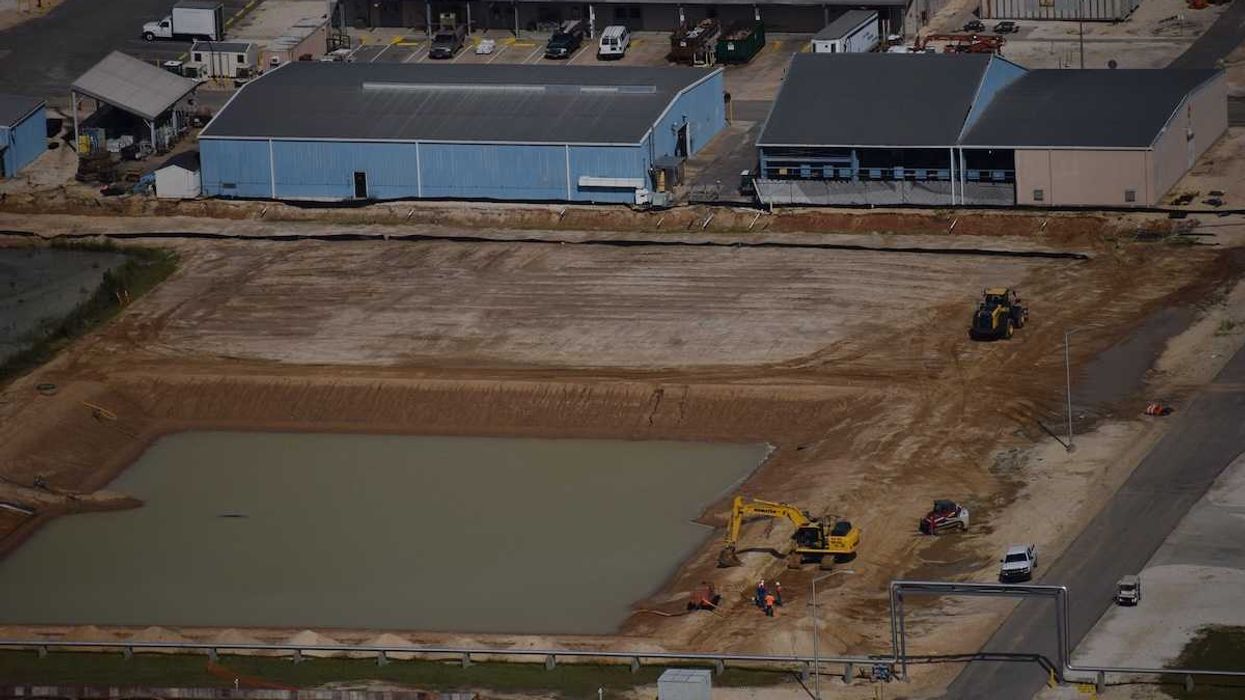As Tennessee faces a construction surge due to a new Ford plant, a controversial bill seeks to reduce state wetland protections, sparking debate between developers and environmentalists.
Anita Wadhwani reports for Tennessee Lookout.
In short:
- The bill, introduced by Rep. Kevin Vaughan, aims to remove state control over 430,000 acres of Tennessee wetlands, raising environmental concerns.
- Vaughan, a developer, disputes claims that reducing wetland regulations will lead to increased flooding and justifies the bill as necessary for development.
- Environmental groups, like the Southern Environmental Law Center, argue the bill could cause irreversible damage and increased flooding risks.
Key quote:
“The proposed legislation favors the interests of developers over the safety of future flood victims and pocketbooks of Tennessee taxpayers.”
— George Nolan, senior attorney and director of the Southern Environmental Law Center
Why this matters:
Wetlands, often dubbed the kidneys of the environment, play a crucial role in filtering pollutants from water, mitigating floods, and providing habitat for a wide array of wildlife. They are also essential in sequestering carbon, thus playing a part in the fight against climate change.
Last year's Sackett v. EPA ruling opened the door for Vaughan's bill in Tennessee and moves by other states to limit wetland protection. Peter Dykstra wrote for EHN about how the Sackett ruling and other recent Supreme Court decisions threaten to undo half a century of environmental progress.














